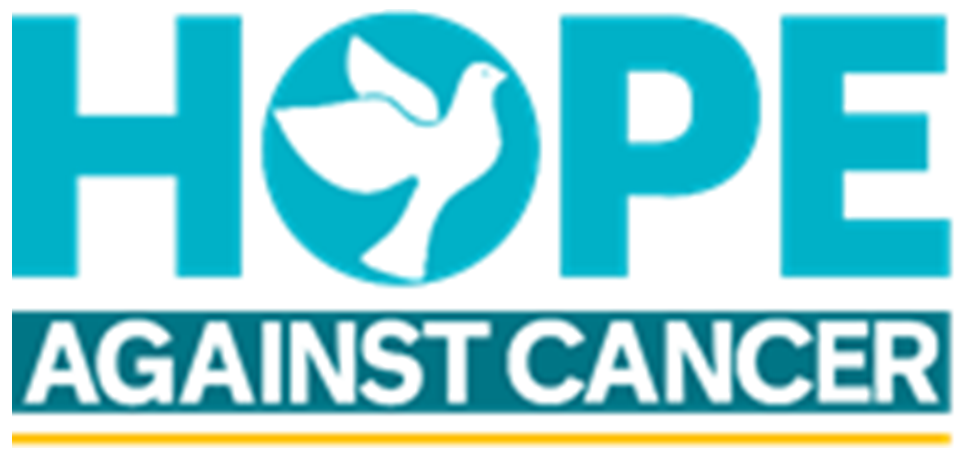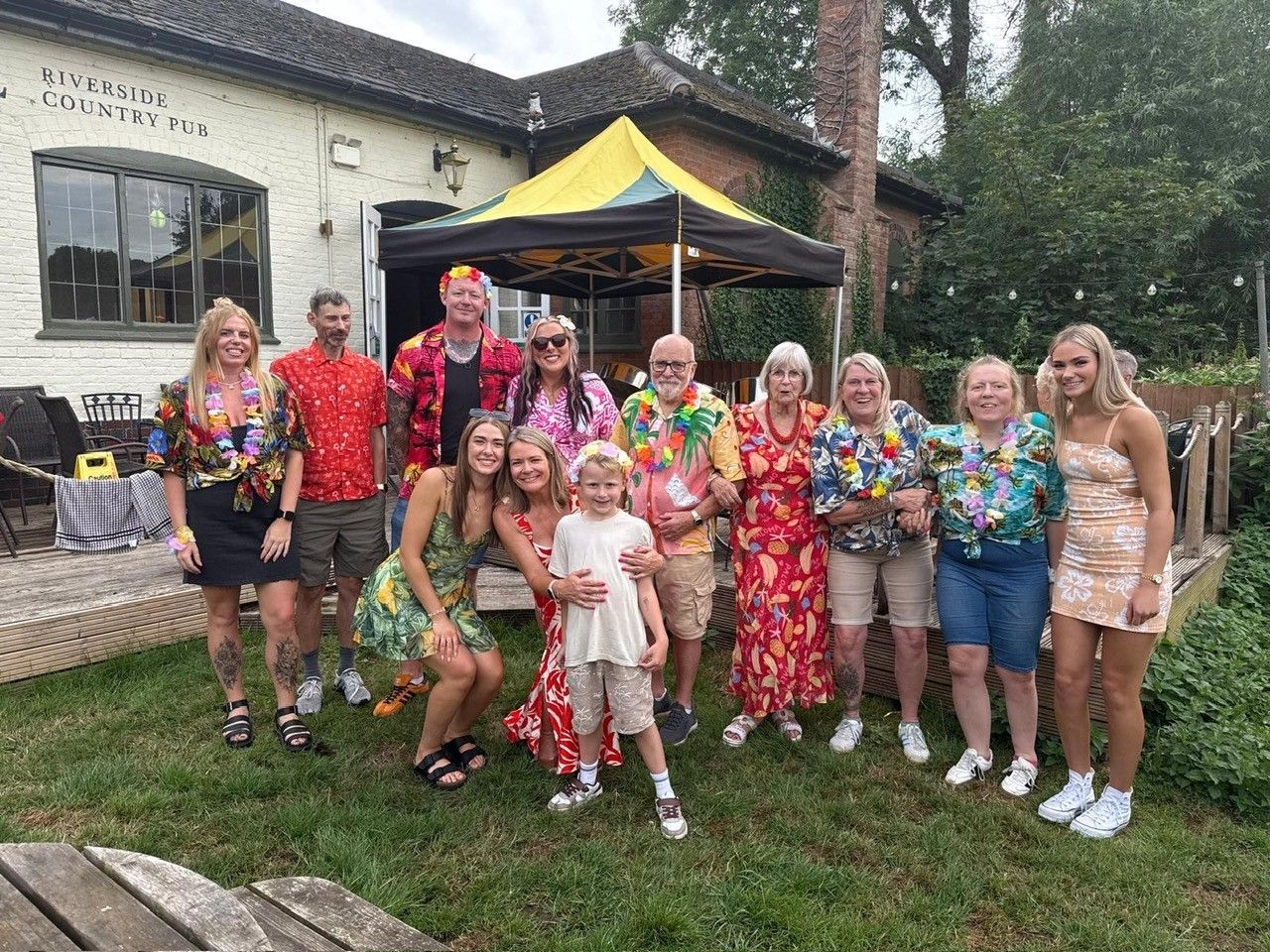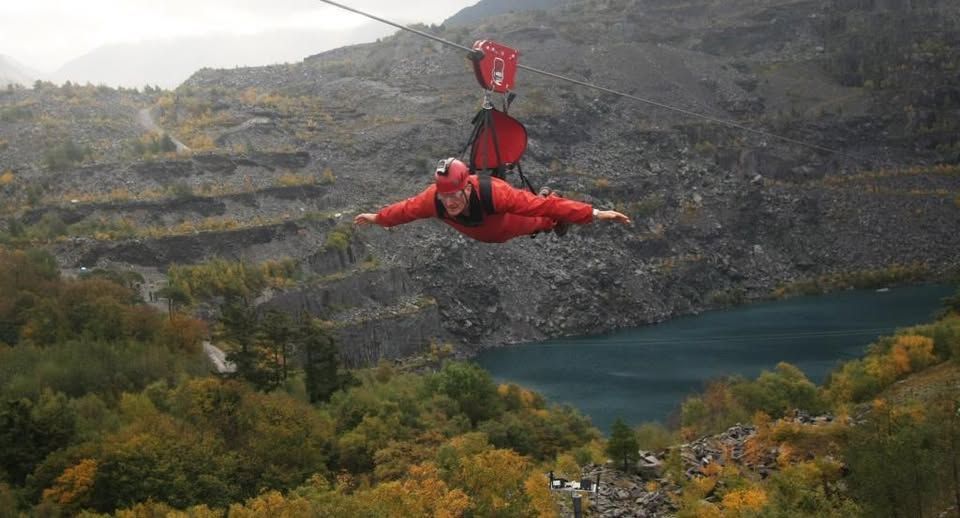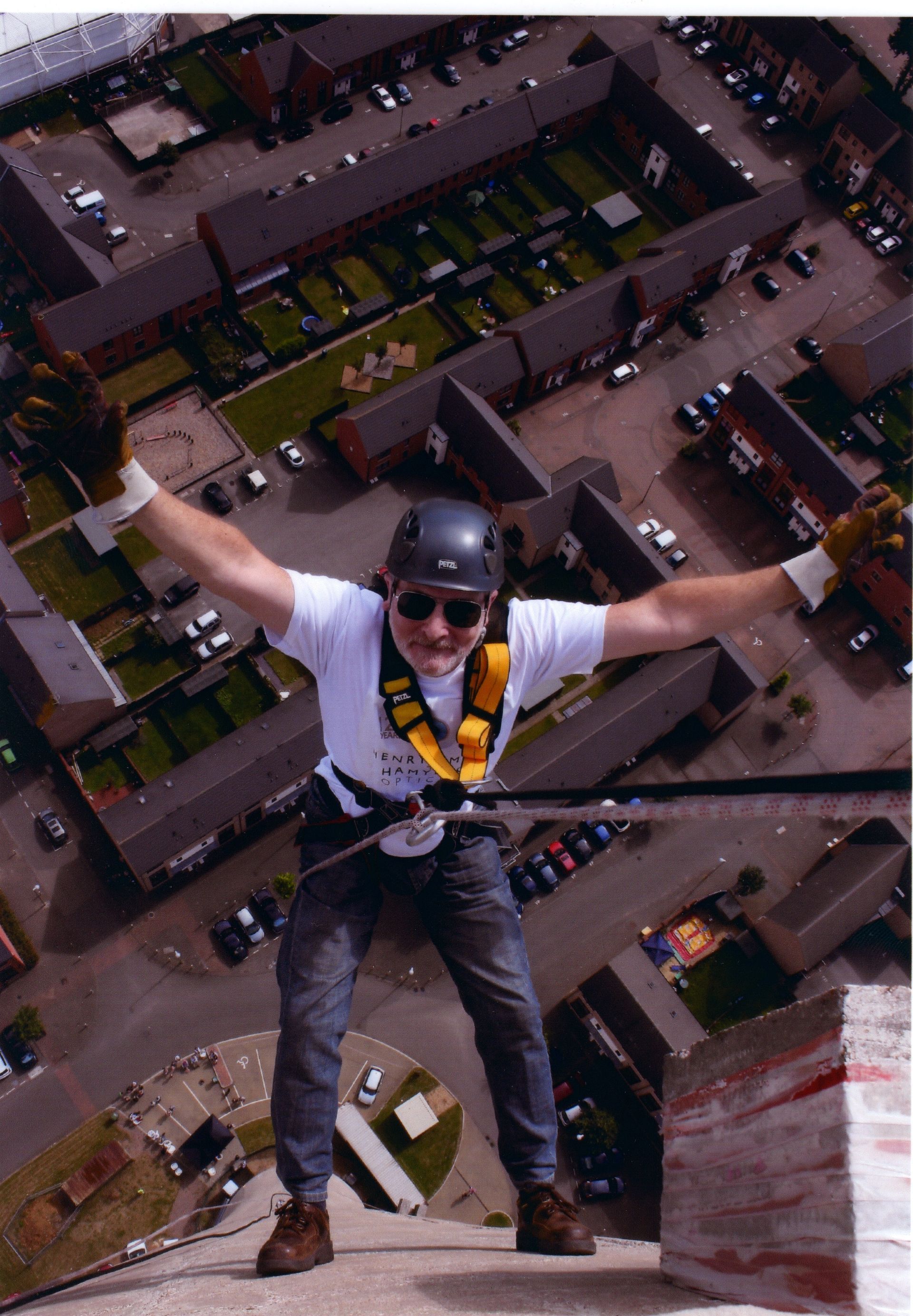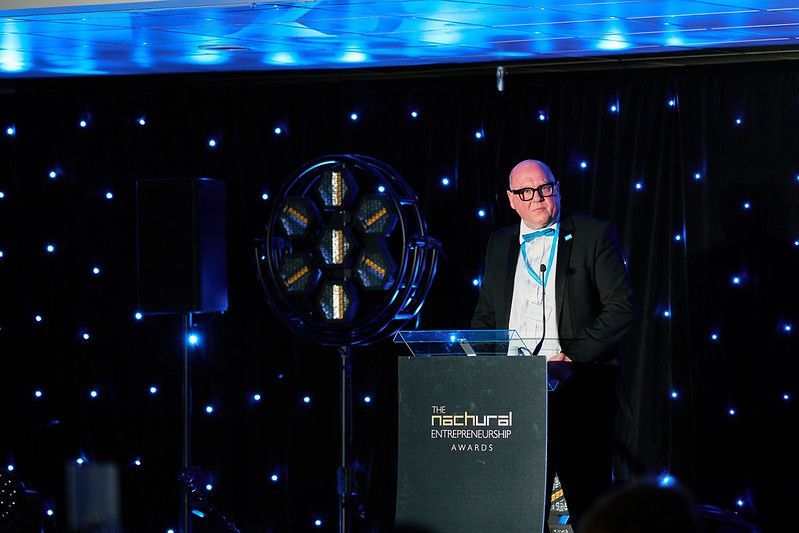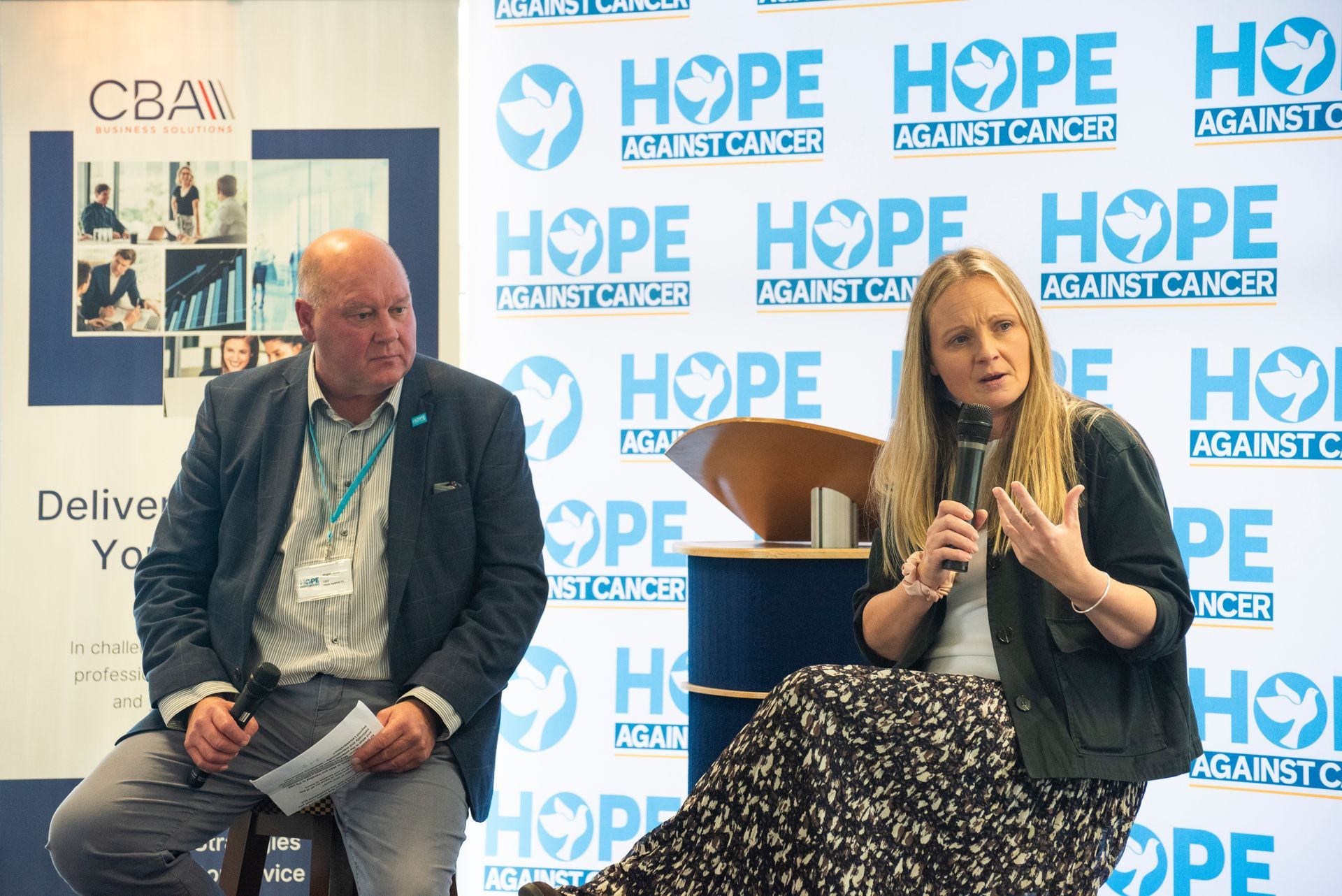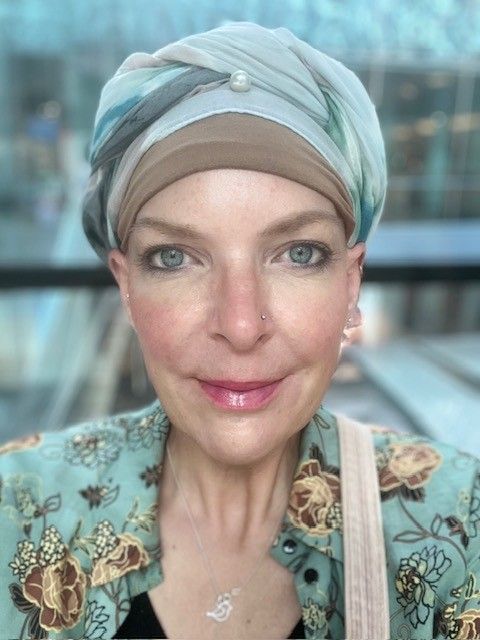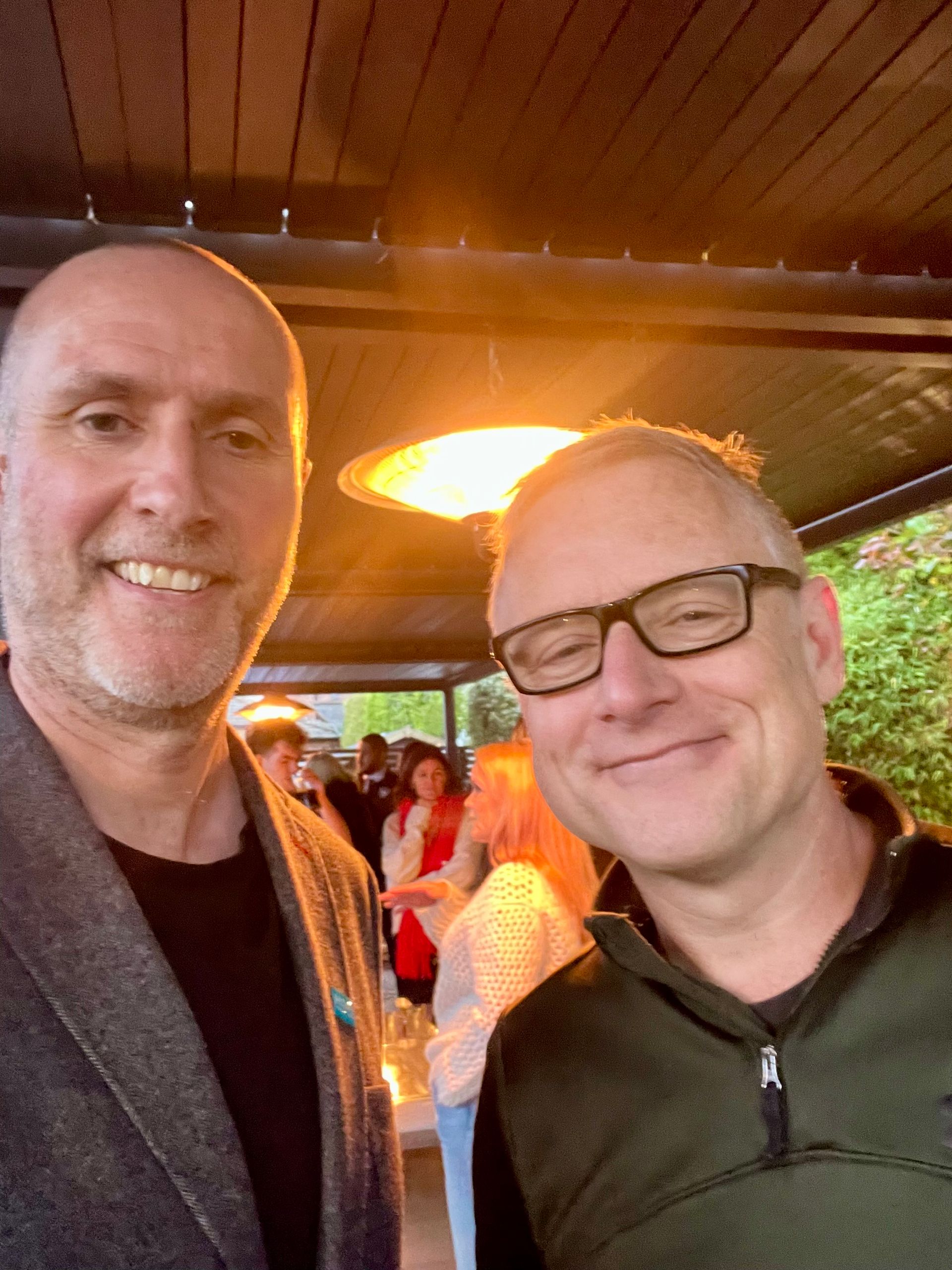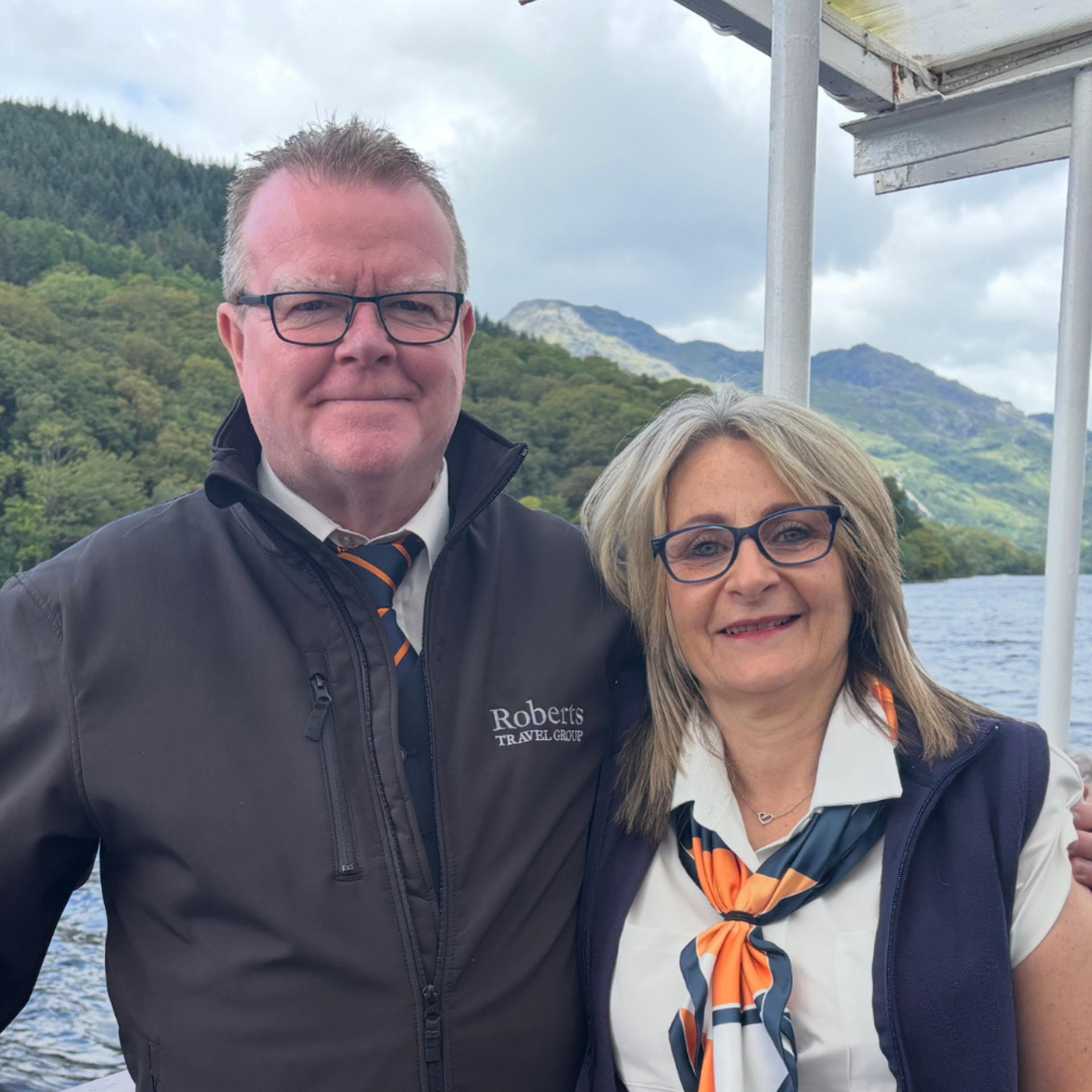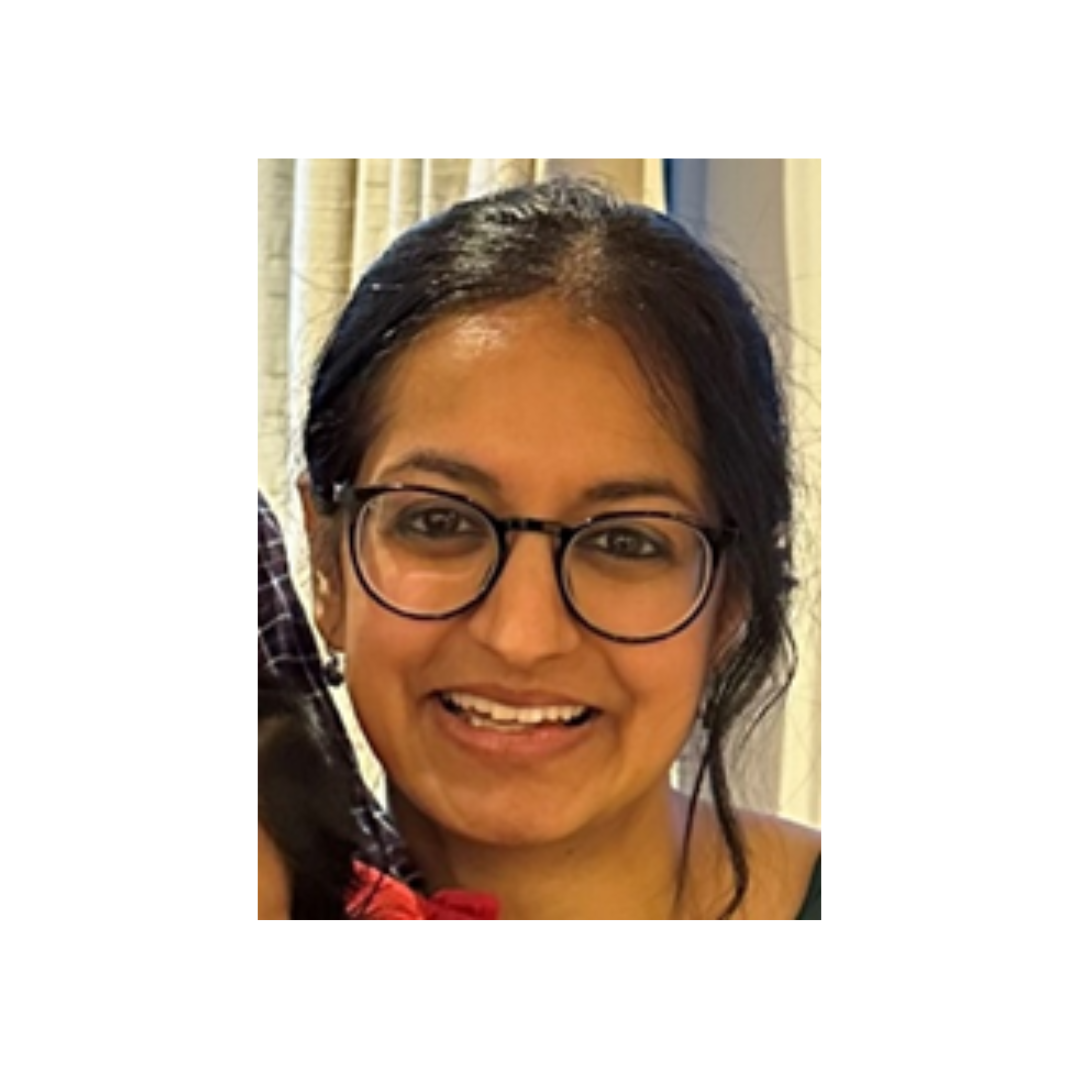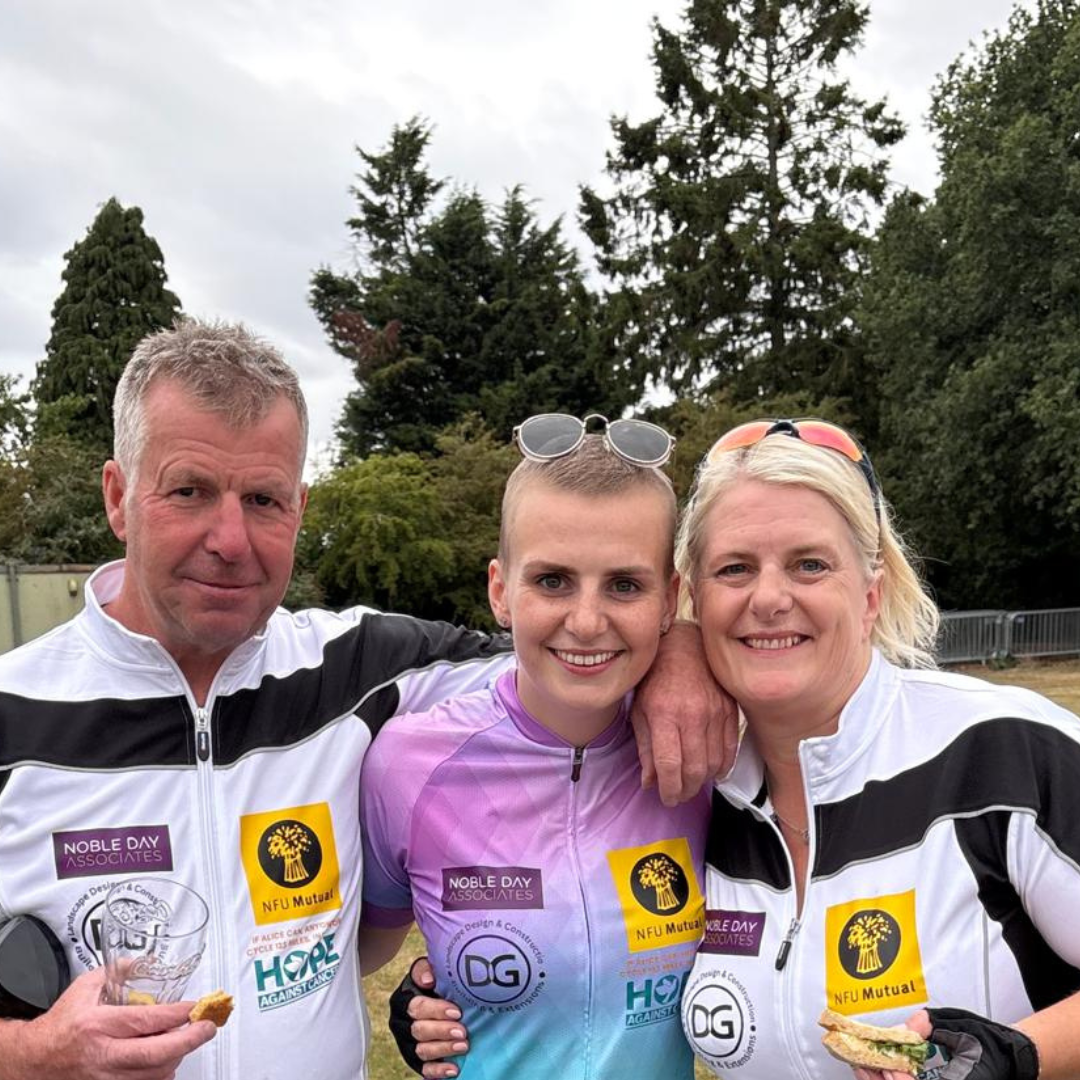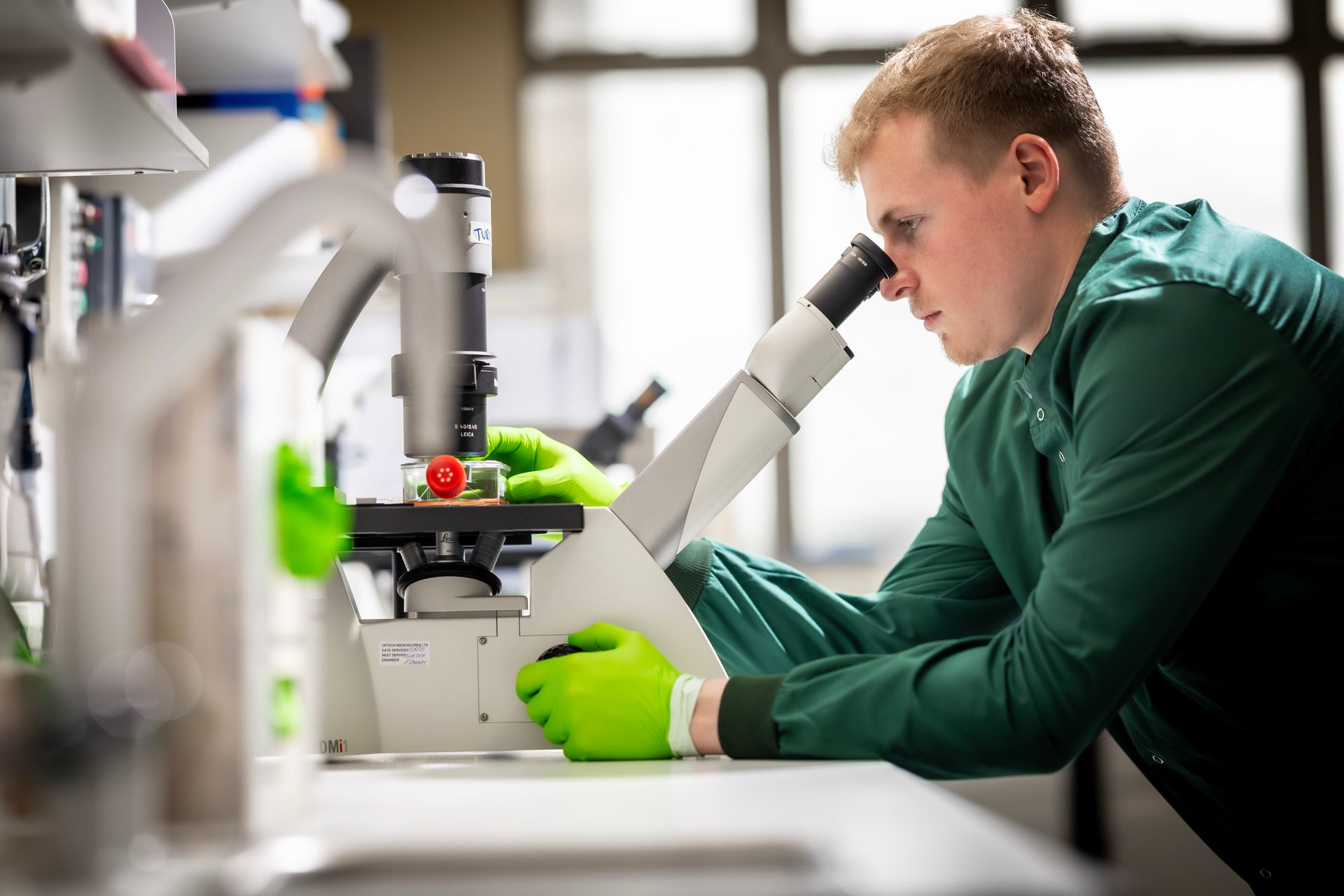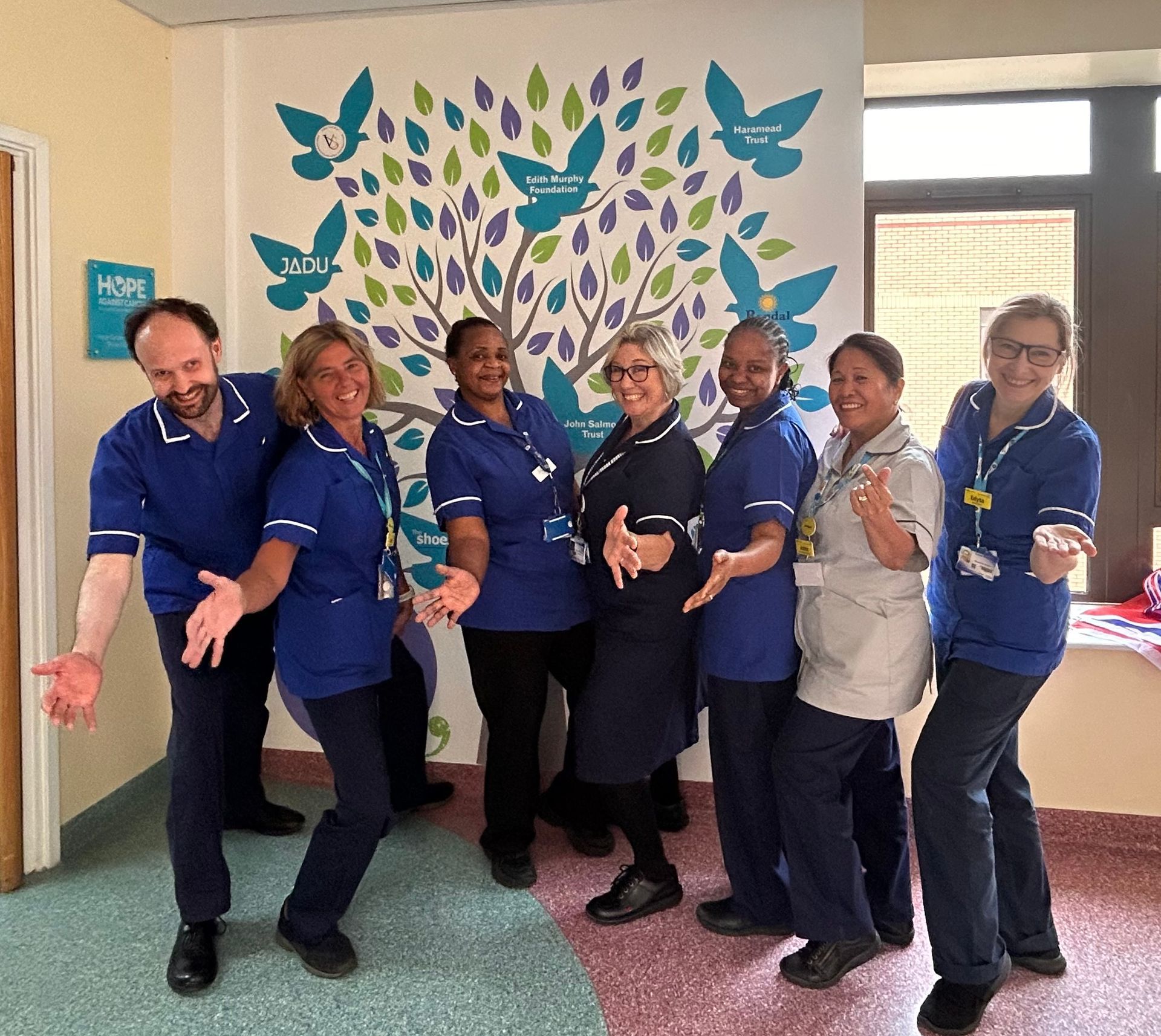Why We Do What We Do - Part VI
It was “such a friendly and reassuring place to be when faced with unfamiliar circumstances.”
This story has been told to us by Tony; it is his very personal experience of cancer and highlights the importance of why we do what we do and why it is vital that we continue to fund and support the cancer research and clinical trials that can change lives.
This year, Tony celebrated his 80th birthday with a Caribbean themed party for around 60 relatives and friends including rum punches, Jamaican street food and a steel drum band.
This is quite a milestone as, four years ago, it was uncertain if he would still be around to celebrate it.
Tony’s journey with cancer began back in 2012. Regular blood tests to check his cholesterol detected some paraprotein in the blood. After being referred to the Leicester Royal Infirmary for further tests, the advice from the consultant was to go home, forget all about the paraprotein, and get on with the rest of his life.
At the time he didn’t know that this phase of blood cancer development was called ‘Watch and Wait’, better known as ‘Watch and Worry’.
Tony heeded the consultant’s good advice and over the next nine years lived life to the full with some memorable holidays and activities including a 400ft abseil, a zipwire ride in Snowdonia, and watching his two teenage granddaughters grow.
Meanwhile, the regular annual blood tests enabled an early detection of something more sinister happening in June 2021. Soon after, he was unable to walk from one room to another without becoming breathless and experienced constant dizziness.
He was quickly referred back to the Oncology Outpatients at the LRI for further tests before being given the devastating diagnosis of incurable Waldenström’s blood cancer.
Tony was offered the choice between conventional chemotherapy, “with all the potential side-effects this entailed”, or the opportunity to participate in a new drugs trial at the Hope Cancer Trials Centre at the LRI.
He felt that whatever the outcome of these new treatments would be, future generations would benefit.
Tony considers himself to be “one of the lucky ones”.
Firstly, the cancer was detected early, secondly, it was growing very slowly, giving time for research into the new targeted treatments to be developed, thirdly, the doctors reacted quickly to the situation and fourthly, he was accepted onto the trial.
From his very first visit, Tony realised that the Hope Cancer Trials Centre was something very special. Compared to the hustle and bustle of the Oncology Outpatients Department, the Hope Centre is an oasis of calm. Lots of activity was happening but everything felt ordered and unhurried.
It was “such a friendly and reassuring place to be when faced with unfamiliar circumstances.”
The initial treatment went well, with very little side-effects and things began to improve quickly. After six weeks the blood markers were all showing signs of returning to normal.
Tony looks forward to seeing and catching up with his nursing team, who have become friends. He said that “although it seems strange to say it, considering I am being treated for cancer, I quite look forward to these visits.”
Now in his 4th year of the trial, Tony returns to the Hope Centre for checkups every three months.
He told us that, “the care and attention to detail shown by the nursing team is faultless, not only regarding the treatment but also, and just as importantly, the mental health support for both the person with cancer and their family”.
Tony went on to say that he “is eternally grateful for the expertise of the medical team at the Hope Cancer Trials Centre”, and he has been busy helping to raise funds for HOPE.
To date his Rotary Club have held two Sunday Lunches at the Sysonby Knoll Hotel, Melton with a third one planned this year, and for his 80th birthday, instead of presents, he requested donations to us which raised £455.
The blood cancer is still there and is currently incurable, but it is being controlled and enables Tony to have a good quality of life.
He finished by saying, “who knows what the future may hold but with the kind of advances in cancer treatment currently being done and the fantastic HOPE facility that we have right here in Leicester, the prospects look good.”
Hope Against Cancer is extremely grateful to Tony for speaking to us about his experience with cancer. Such stories really bring home the importance of working towards improved treatments and helping more people to overcome cancer.
If you would like to help us continue to support local cancer research and care the benefits local people, please click here to donate
John Nellis
Content and Communications Officer, Hope Against Cancer
